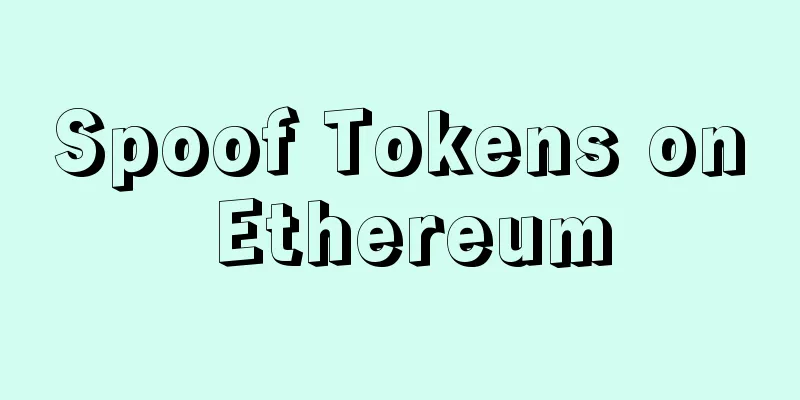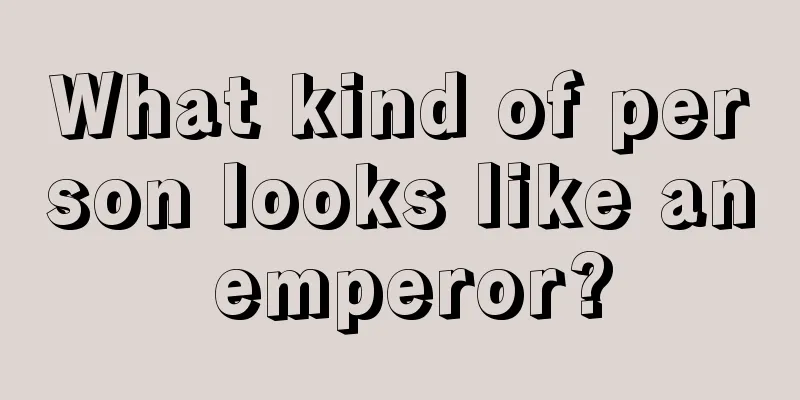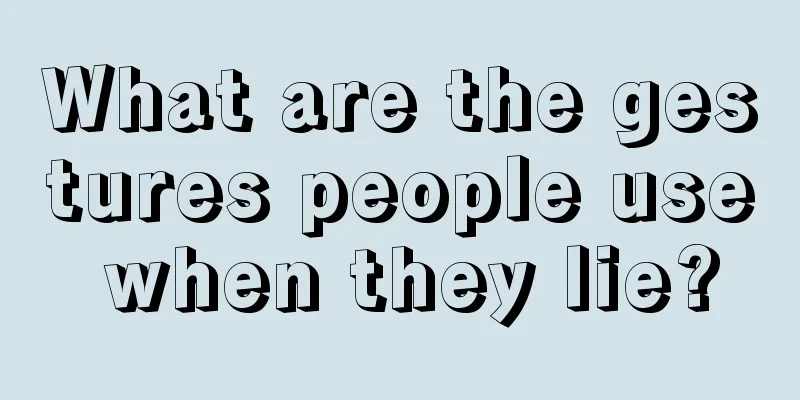Spoof Tokens on Ethereum

|
Fake or “spoof” ERC-20 token transfers are nothing new on Ethereum. However, the widespread adoption of blockchain over the last year has led to a sharp rise in these cases. Now there are more and more issues and a recent high-profile case that requires a closer look. In this article, we will cover:
Imagine hearing rumors of an upcoming token airdrop for a much-hyped DeFi product. Being consummate traders, we search for any clues about this. We’ll notice a token that’s very similar in name and symbol to this DeFi product was newly minted. More importantly, we’ll see it was sent to an address that we privately labeled as belonging to a well-connected whale/influencer. We wanted to know about this token before everyone else, so we bought a bunch of tokens from a newly created Uniswap V2 liquidity pool. An hour later, the LP drained all the ETH and we realized we had been ripped off. What went wrong?These real OpenSea tokens are not transferred from the OpenSea: Registry address The mistake we made was to believe that the token transfer was actually made by the influencer address. This “spoof” deceives unsuspecting users by taking advantage of two things:
The ERC-20 standard transfer and transferFrom functions can be modified to allow any arbitrary address to be the sender of tokens, as long as it is specified in the smart contract, which will result in the transfer of tokens from an address different from the originating address. Typically “spoofed” token contracts are not verified on Etherscan as this serves to obscure the inner workings of the contract. For ERC-20 token transfers, block explorers such as Etherscan will display the address that transferred the tokens, not the sender address. Due to the nature of block explorers, data from block explorers is not censored by default. In most cases, the extent of the damage is limited to holding zero-value tokens. But more dangerous situations are possible, such as tokens with recovery error messages pointing to phishing sites that steal users' private keys. ERC-721 and ERC-1155 tokens (NFTs) may also encounter the same problem. How can one discover this?The answer is fairly simple. For any of these token transfers, click on the exact transaction hash and check its details. The From address that initiated the transaction is obviously not the same as the From address where the tokens were transferred. To dig deeper, look for a "spoofed" From address in the transaction input data or contract source code. It is usually included in either location. This step is more difficult if the contract is not verified, but it automatically makes the token look more suspicious. Fake OpenSea tokens appear to be transferred by OpenSea: Registry in this transaction A key caveat. Not all token transfers initiated by different addresses are fake or fraudulent. A common example is a dApp sending multiple token transfers in batches. These usually have a public name tag added by Etherscan. Transactions to send tokens in batches A close cousin of spoof is spam tokens. While these are not pretending to be sent from an influential person’s address, they are sent to that address together and make reading the address’s token labels a painful experience. What can we do to avoid this?For the average user, there is no need to do anything as this issue is unlikely to affect us. Etherscan does not censor data by default, but is exploring ways to help mitigate this issue. The first step is to expand the functionality of the token ignore list. Features:
We hope that this expanded functionality will help protect users from scams while enjoying a cleaner user experience on the site. Source: https://medium.com/etherscan-blog/spoof-tokens-on-ethereum-c2ad882d9cf6 |
<<: EU to vote on whether to restrict proof-of-work (POW) cryptocurrencies
>>: Cryptographic Proof: Oracles and Stablecoins
Recommend
Is it good to have horizontal lines on your career line? You will encounter setbacks and obstacles in your career.
How to read the career line diagram on palmistry?...
Is it good to have a mole above the eyebrow? What does a mole above the eyebrow mean?
Everyone has moles on their face or body, and mol...
How to tell from a woman’s face whether she will bring good luck to her husband?
If you have a good nose, regular facial features,...
Do you know what a mole on a woman's hand means?
A woman with a mole on the back of her hand Women...
What is the fate of being born in 1940?
Do you know what zodiac sign you are born in 1940...
ETH reaches $80, analysts say it is expected to break through $100 soon
ETH prices surged 65% in April to touch $80, but ...
Is it good for a man to have a widow's peak?
Is it good for a man to have a widow's peak? ...
Moles on women who will get rich
Moles on women who will get rich Mole in hair Wom...
Why is it a good thing that Satoshi Nakamoto’s identity has not been revealed?
An HBO documentary claims to have solved the myst...
How you shake hands reveals your personality traits
How you shake hands reveals your personality trai...
Blockchain platform DECENT enters ICO countdown phase
Ing. Marian Hvizdos has extensive experience in m...
Several aspects of career that always allow you to seize opportunities
In fact, there are not many opportunities for a p...
UEBOT quantitative trading real-time January 13: floating loss of 0.02%
Preface In order to let more investors understand...
Do people with straight eyebrows have very stubborn personalities?
Everyone has their own unique personality and ide...
A rebuttal to Web3 critics: You techies don’t understand technology
There are reasons why some people aren’t using We...









